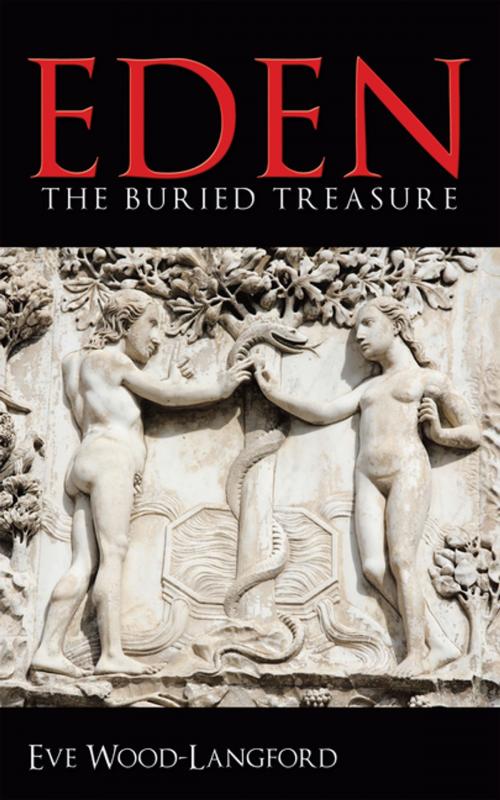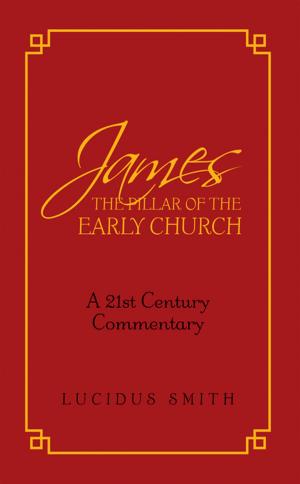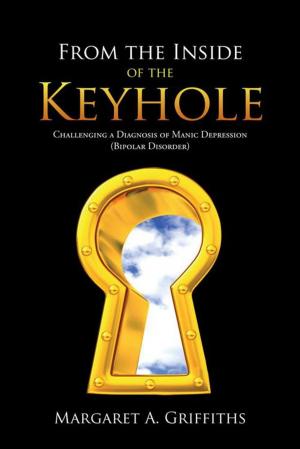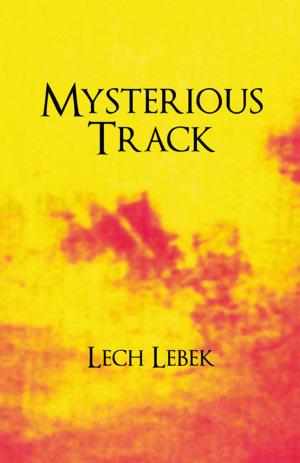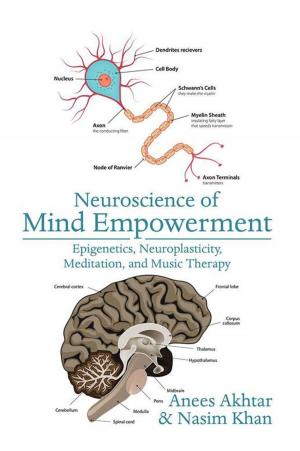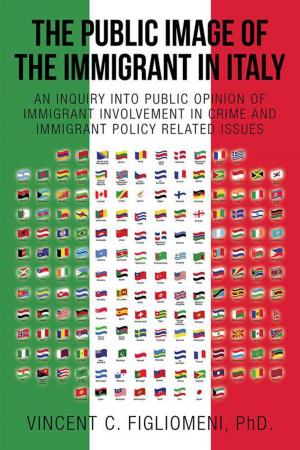Eden
The Buried Treasure
Nonfiction, Religion & Spirituality, Inspiration & Meditation, Inspirational, Social & Cultural Studies, Social Science, Gender Studies, Women&, Travel| Author: | Eve Wood-Langford | ISBN: | 9781452058054 |
| Publisher: | AuthorHouse UK | Publication: | September 8, 2009 |
| Imprint: | AuthorHouse UK | Language: | English |
| Author: | Eve Wood-Langford |
| ISBN: | 9781452058054 |
| Publisher: | AuthorHouse UK |
| Publication: | September 8, 2009 |
| Imprint: | AuthorHouse UK |
| Language: | English |
Can the concept of original sin truly be founded on the beautiful Genesis creation story of Adam and Eve in the Garden of Eden? Only if the story is misinterpreted in terms of literal truth which entails belief in an articulate serpent. But when the story is interpreted as myth-history - not literal history - this important myth records a unique, fundamental and uplifting event in the human story. The garden paradise pre-dates the written Old Testament, having circulated in Abraham's country of Mesopotamia in the second millennium BC incorporated in some of the world's oldest literature: the epic poem of Gilgamesh. Behind the naked figures of Adam and Eve stands an earlier naked couple whose 'history' should certainly be preserved in Genesis. However, interpretation of this 'history' in literal terms and from the standpoint of monotheism turns that ancient 'history' on its head. During its long life the story of the first man to enter the garden paradise has been interpreted differently from at least four differing standpoints: Mesopotamian polytheism, the revolution of patriarchal monotheism, Christian monotheism, and the standpoint of science. At its origins, however, this priceless 'history' had nothing to do with the origin of sin. On the contrary, that interpretation throws the baby out with the bathwater. Look at the story in terms of myth, and in sympathy with its integral guiding images of serpent and tree and the garden reveals its long-buried treasure of truth.
Can the concept of original sin truly be founded on the beautiful Genesis creation story of Adam and Eve in the Garden of Eden? Only if the story is misinterpreted in terms of literal truth which entails belief in an articulate serpent. But when the story is interpreted as myth-history - not literal history - this important myth records a unique, fundamental and uplifting event in the human story. The garden paradise pre-dates the written Old Testament, having circulated in Abraham's country of Mesopotamia in the second millennium BC incorporated in some of the world's oldest literature: the epic poem of Gilgamesh. Behind the naked figures of Adam and Eve stands an earlier naked couple whose 'history' should certainly be preserved in Genesis. However, interpretation of this 'history' in literal terms and from the standpoint of monotheism turns that ancient 'history' on its head. During its long life the story of the first man to enter the garden paradise has been interpreted differently from at least four differing standpoints: Mesopotamian polytheism, the revolution of patriarchal monotheism, Christian monotheism, and the standpoint of science. At its origins, however, this priceless 'history' had nothing to do with the origin of sin. On the contrary, that interpretation throws the baby out with the bathwater. Look at the story in terms of myth, and in sympathy with its integral guiding images of serpent and tree and the garden reveals its long-buried treasure of truth.
